Introduction: Understanding How Critical Thinking Helps Us Personally and Academically
In today’s fast-paced, information-rich society, developing strong critical thinking skills is more essential than ever. For students navigating the demands of higher education, and individuals striving for personal and professional growth, critical thinking serves as a cornerstone for success. Critical thinking is not merely an academic exercise; it is a transformative skill that fosters independent thought, sound decision-making, and the ability to engage with complex problems in nuanced ways. Learning how critical thinking helps us personally and recognizing the profound advantages of critical thinking empowers individuals to become more effective learners, professionals, and citizens.
You may also like: Navigating Life: Anxiety’s Impact on Decision-Making
Moreover, the benefits of critical thinking for students extend beyond classroom performance; they cultivate lifelong habits of mind that support cognitive agility, emotional resilience, and ethical reasoning. In this comprehensive exploration, we will examine how mastering critical thinking can elevate personal growth, how it enhances decision-making processes, and why it remains a pivotal skill in both educational and life contexts.
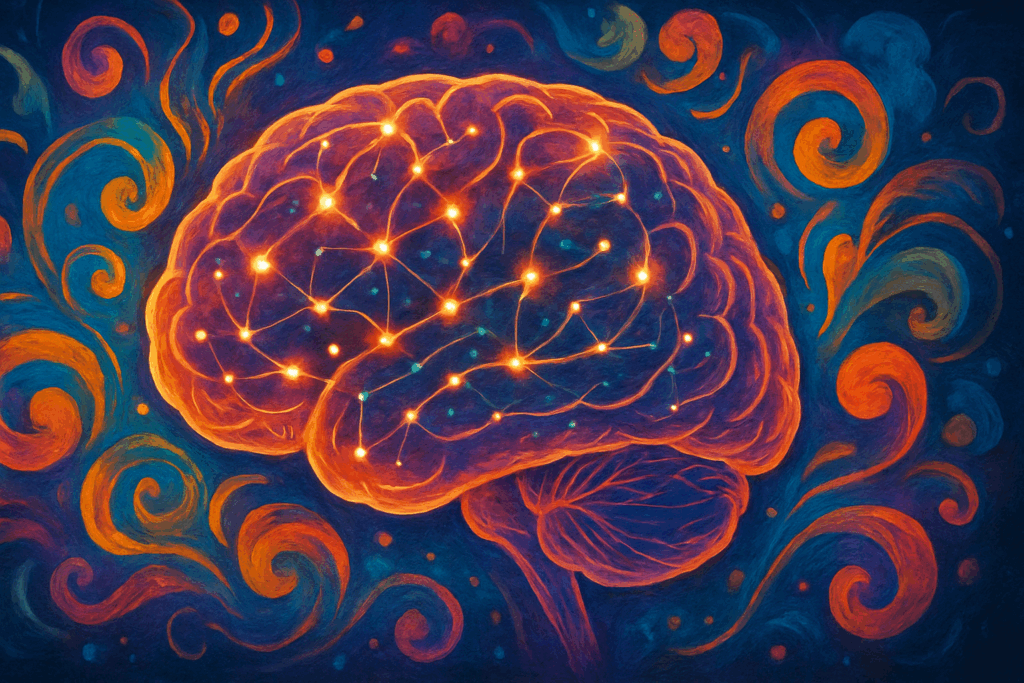
Defining Critical Thinking: A Foundational Skill for Cognitive Excellence
At its core, critical thinking refers to the ability to objectively analyze information, assess evidence, and draw reasoned conclusions. It requires not only the ability to think clearly and rationally but also the disposition to question assumptions and recognize biases. Understanding the advantages of critical thinking begins with appreciating its foundational role in shaping our perceptions and judgments.
Critical thinking is a dynamic, self-directed process that encourages continuous learning and intellectual curiosity. Unlike passive learning, where information is simply absorbed, critical thinking demands active engagement, reflective questioning, and logical synthesis. As students embark on the journey to master critical thinking, they develop skills that enable them to approach academic content more deeply, improving how they read for exams and enhancing their ability to memorize information effectively.
Students who actively cultivate their critical thinking abilities often find that they can more easily retain knowledge and recall information during high-stress situations, such as examinations. Knowing how to remember stuff when studying is not just about rote memorization but about embedding information into a rich framework of understanding—a hallmark of critical thinking in action.

The Benefits of Critical Thinking for Students: Academic Mastery and Beyond
The benefits of critical thinking for students are both immediate and long-lasting. Academically, critical thinkers demonstrate superior performance across disciplines because they can analyze complex texts, critique arguments, and synthesize diverse sources of information. This depth of engagement leads to higher grades, more insightful essays, and greater academic satisfaction.
More importantly, critical thinking helps students make better decisions about their learning strategies. By analyzing what you read for exams with a critical eye, students can prioritize key concepts over extraneous details, enhancing study efficiency. Furthermore, students who practice critical thinking are more adept at figuring out how to remember things while studying by organizing information into coherent mental schemas that facilitate recall.
Beyond the academic sphere, critical thinking nurtures emotional intelligence, problem-solving capacity, and resilience. These qualities are invaluable for personal relationships, career success, and civic engagement. Thus, the advantages of critical thinking extend far beyond graduation, influencing the very trajectory of one’s life.
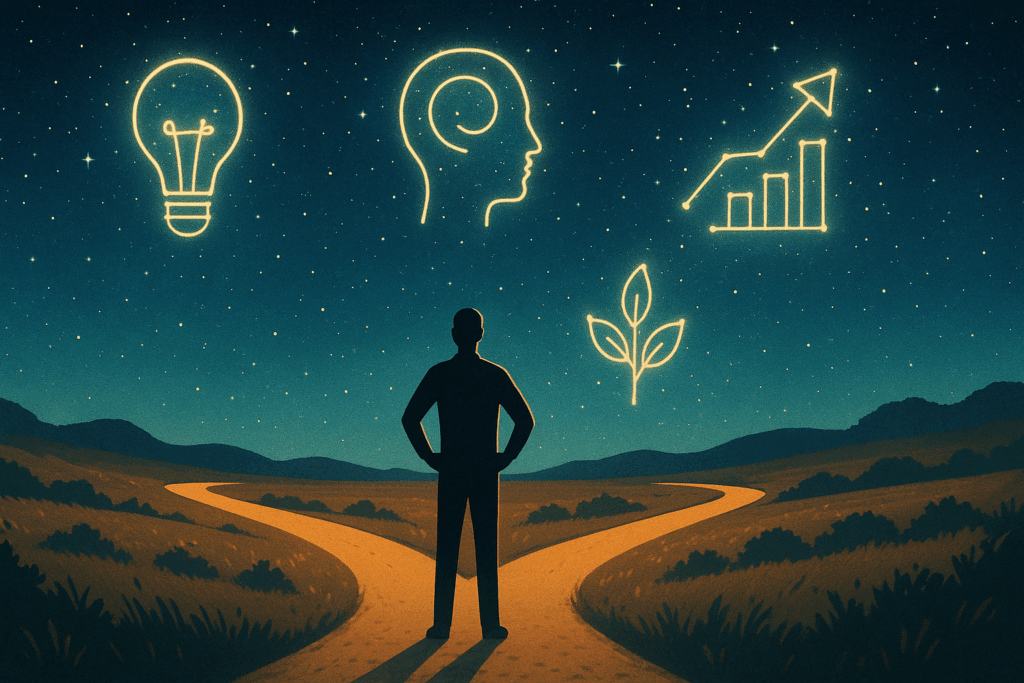
How Critical Thinking Helps Us Personally: Empowering Self-Understanding and Growth
Critical thinking plays a profound role in shaping personal growth. When we discuss how critical thinking helps us personally, we are really talking about its ability to foster self-awareness, emotional regulation, and goal-oriented action. Critical thinkers are better equipped to recognize cognitive distortions, manage biases, and reflect constructively on their experiences.
For example, someone facing a challenging life decision might apply the 7 step decision making process to weigh options systematically, minimizing the impact of emotional impulsivity. By identifying which step comes first in the decision making process—namely, clearly defining the problem—the individual sets the stage for rational, informed choices. This methodical approach not only leads to better outcomes but also enhances self-confidence and reduces anxiety.
Moreover, the ability to apply the five decision making steps in everyday life—from managing finances to choosing a career path—demonstrates how critical thinking is intimately connected with personal development. Each time we analyze our choices through the lens of reason and evidence, we reinforce our capacity for growth, resilience, and self-determination.
The Decision-Making Connection: How Critical Thinking Shapes Better Outcomes
Decision-making is one of the most practical applications of critical thinking. A major part of personal and academic success hinges on one’s decision making ability, and good decision making is related to being a careful, deliberate thinker. Understanding the mechanics of decision making—such as the 7 steps of decision making—empowers students and professionals alike to navigate life’s complexities with confidence.
The seven steps in the decision making process typically include identifying the decision, gathering information, analyzing options, evaluating evidence, choosing among alternatives, taking action, and reviewing the decision. Recognizing what is the second step in the decision making process (gathering relevant information) underscores the importance of comprehensive research and analysis—key aspects of critical thinking.
Similarly, the five decision making steps condense the process for quicker everyday use: identifying the decision, gathering information, identifying alternatives, weighing the evidence, and choosing the best option. Whether using the five stages of decision making process for daily choices or applying the eight steps in the decision making process for major life changes, critical thinking ensures that each step is grounded in rational evaluation rather than emotional reactivity.
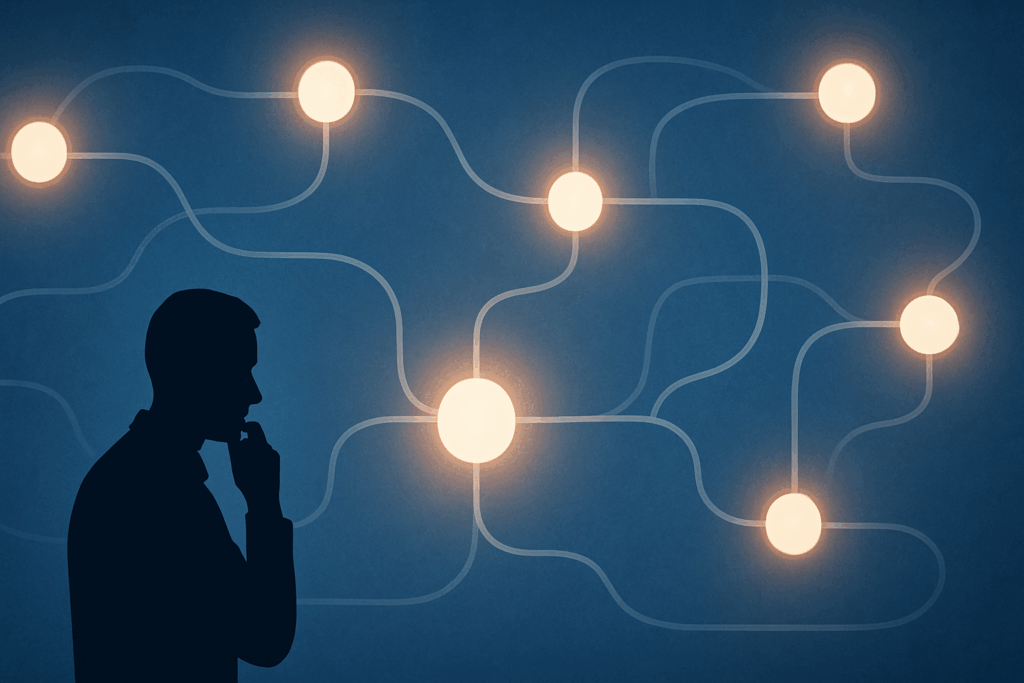
The Academic Edge: Critical Thinking Strategies for Studying and Memorization
Academic success depends not just on effort, but on strategy—and critical thinking provides the strategic edge. When students approach their studies critically, they enhance their ability to determine how to memorize something for a test more efficiently and effectively. Rather than passively rereading notes, critical thinkers engage in active learning techniques such as summarization, concept mapping, and self-questioning.
Critical thinkers understand that effective memorization involves creating meaningful associations between ideas. They develop techniques for how to remember stuff when studying by organizing material hierarchically, forming analogies, and applying information to real-world scenarios. This deep encoding not only improves retention but also enhances the ability to retrieve information under pressure—a crucial advantage during exams.
Furthermore, critical thinkers can more easily discern what you read for exams that is truly essential. By evaluating the credibility and relevance of information, they avoid wasting time on trivial details and focus instead on mastering core concepts that will yield the greatest academic rewards.
Seven Steps of Decision Making: Building Resilient, Rational Minds
The seven steps of decision making offer a robust framework for applying critical thinking to everyday life. The process typically includes identifying the decision, collecting relevant information, identifying alternatives, weighing the evidence, choosing among alternatives, taking action, and reviewing the decision and its consequences.
When students master the seven steps of decision making, they cultivate a rational mindset that serves them well across academic, personal, and professional contexts. Knowing how many steps are in the decision making process—and understanding the purpose of a decision at each stage—allows individuals to approach challenges systematically rather than haphazardly.
The advantages of critical thinking become vividly apparent when students learn to apply these steps instinctively. Whether facing a complex research project or navigating social dilemmas, they can assess variables objectively, anticipate outcomes, and make choices that align with their values and goals. The list of steps of decision making process acts as a blueprint for thoughtful living, ensuring that each action is informed, intentional, and responsible.
Critical Thinking at Work: Professional Applications and Success Strategies
Critical thinking is not limited to academia; it is a crucial competency in the professional world. Decision making at work examples abound, from evaluating investment opportunities to managing team dynamics. Professionals who excel in critical thinking are better able to navigate uncertainty, innovate creatively, and lead with integrity.
For instance, development decision making within organizations often involves applying the 8 steps in the decision making process to product launches, strategic planning, or organizational restructuring. Each step—from identifying the need for a new initiative to evaluating its success post-implementation—requires rigorous analysis, creative problem-solving, and ethical judgment.
Good decision making is related to being a critical thinker who can balance short-term gains with long-term consequences, individual interests with collective good, and risk with opportunity. Organizations that prioritize critical thinking in their culture foster resilience, adaptability, and sustained success.
Personal Empowerment: Strengthening the Mind Through Critical Thinking
Critical thinking is not just a skill; it is a form of personal empowerment. When individuals hone their critical thinking abilities, they gain greater autonomy over their thoughts, emotions, and actions. They become less susceptible to manipulation, more capable of nuanced judgment, and more resilient in the face of adversity.
Knowing how critical thinking helps us personally transforms the way we engage with the world. It encourages humility by reminding us that we do not know everything; it fosters intellectual courage by motivating us to explore unfamiliar perspectives; and it builds wisdom by helping us discern the deeper meanings behind events and ideas.
In essence, critical thinking is the antidote to passivity. It challenges us to question, to reflect, and to act with purpose. As we develop this essential skill, we also nurture our humanity, cultivating the virtues of patience, empathy, and integrity.
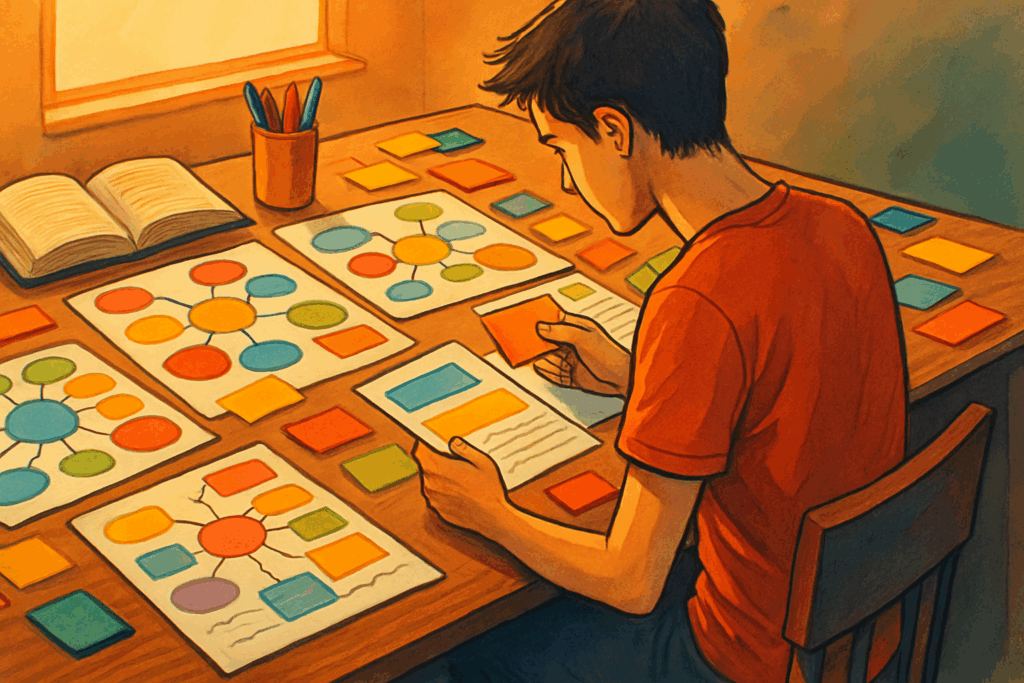
Frequently Asked Questions: The Benefits of Critical Thinking for Students and Personal Growth
1. How does critical thinking influence long-term academic success for students?
The benefits of critical thinking for students extend far beyond immediate exam performance. Long-term academic success often hinges on a student’s ability to analyze, synthesize, and evaluate information rather than merely memorize it. Students who consistently apply critical thinking strategies are more likely to adapt to complex coursework and engage deeply with evolving academic standards. Over time, they develop a mental flexibility that allows them to approach unfamiliar topics with confidence, which is especially crucial in graduate-level research and professional training programs. This deeper understanding also reinforces how critical thinking helps us personally by fostering a resilient learning mindset that continues well beyond formal education.
2. In what ways can critical thinking improve personal decision-making outside of school?
Outside of the classroom, the advantages of critical thinking become vital for effective decision-making in everyday life. Whether managing finances, planning career moves, or navigating relationships, critical thinking allows individuals to assess situations objectively and anticipate consequences. By systematically evaluating alternatives and weighing evidence, individuals avoid impulsive decisions that could have long-term negative impacts. This approach clearly illustrates how critical thinking helps us personally, as it promotes self-reliance and thoughtful autonomy. Practicing this method consistently enables one to refine their judgment and cultivate personal growth through intentional living.
3. What role does critical thinking play in building emotional intelligence?
Critical thinking and emotional intelligence are deeply interconnected. While emotional intelligence emphasizes recognizing and managing one’s emotions, critical thinking introduces a structured framework for interpreting emotional experiences. By critically analyzing emotional reactions, individuals can better understand underlying triggers and assess whether their responses are appropriate. The benefits of critical thinking for students include greater emotional regulation, especially when faced with academic pressures and interpersonal challenges. In everyday life, mastering this intersection strengthens empathy and resilience, showcasing another dimension of how critical thinking helps us personally.
4. Can developing critical thinking skills accelerate career advancement?
Absolutely. Employers across industries highly value employees who demonstrate strong critical thinking abilities. Professionals who can assess complex problems, anticipate challenges, and propose evidence-based solutions are more likely to ascend into leadership roles. The advantages of critical thinking in the workplace are numerous: improved problem-solving, enhanced innovation, and stronger ethical reasoning. Moreover, the benefits of critical thinking for students directly translate into workplace skills, preparing them for dynamic environments where adaptability and clear judgment are critical for success. Understanding how critical thinking helps us personally reinforces that career advancement is often rooted in a cultivated mindset rather than technical skills alone.
5. How can critical thinking enhance lifelong learning habits?
Critical thinking fosters a love of inquiry and a passion for continuous learning. Individuals who practice critical thinking regularly seek out new perspectives, question assumptions, and remain open to evolving information. This habit nurtures intellectual curiosity and makes lifelong learning a natural part of personal development. The advantages of critical thinking extend to building adaptive learning strategies, which are particularly valuable as industries and technologies rapidly change. Recognizing how critical thinking helps us personally motivates individuals to invest in their cognitive growth and remain competitive in a knowledge-driven society.
6. How does critical thinking contribute to better problem-solving during group projects?
Group projects can often reveal differences in thinking styles, but teams that apply critical thinking collaboratively tend to perform better. Members who value the benefits of critical thinking for students and professionals are more adept at evaluating ideas objectively, integrating diverse viewpoints, and constructing balanced solutions. Critical thinkers are also more willing to challenge groupthink, ensuring that decisions are not made hastily or under social pressure. The advantages of critical thinking within a team dynamic include clearer communication, shared responsibility, and a deeper commitment to the quality of outcomes. Furthermore, this collaborative application illustrates how critical thinking helps us personally by enhancing our capacity for leadership and diplomacy.
7. What strategies can students use to strengthen critical thinking when studying for exams?
To strengthen critical thinking while preparing for exams, students should engage in active learning techniques such as concept mapping, Socratic questioning, and self-explanation. Rather than passively rereading materials, they should challenge themselves to interpret concepts in their own words and apply theories to hypothetical scenarios. These strategies not only boost the benefits of critical thinking for students but also make the study process more engaging and effective. Incorporating reflection after each study session—asking what worked and what didn’t—also reinforces metacognitive skills. Such deliberate practices vividly demonstrate how critical thinking helps us personally by cultivating an analytical and proactive mindset toward learning.
8. Why are the advantages of critical thinking crucial for digital literacy?
In an age dominated by digital media, discerning credible information from misinformation is a critical survival skill. The advantages of critical thinking become especially apparent when navigating the vast, unfiltered landscape of online content. Critical thinkers are equipped to question sources, evaluate the credibility of information, and detect bias—essential competencies for responsible digital citizenship. The benefits of critical thinking for students include the ability to conduct rigorous research and present well-supported arguments, skills increasingly demanded in academic and professional settings. Understanding how critical thinking helps us personally also reminds us that being digitally literate safeguards our autonomy and protects us from manipulation.
9. How does critical thinking affect personal goal setting and achievement?
Critical thinking significantly refines personal goal-setting strategies by ensuring that objectives are realistic, meaningful, and systematically pursued. Instead of setting vague ambitions, critical thinkers dissect goals into actionable steps and anticipate obstacles before they arise. This strategic planning is one of the understated advantages of critical thinking, leading to higher success rates and more fulfilling achievements. The benefits of critical thinking for students who apply these principles early in life often manifest as increased academic motivation and resilience. Moreover, understanding how critical thinking helps us personally encourages individuals to approach their dreams with both passion and precision.
10. What are some emerging trends in education that emphasize the importance of critical thinking?
Educational frameworks worldwide are increasingly integrating project-based learning, interdisciplinary studies, and inquiry-driven curricula—all of which emphasize critical thinking. These trends recognize that memorization alone no longer prepares students for complex real-world challenges. Instead, fostering the benefits of critical thinking for students has become a priority for educators aiming to equip learners with analytical, problem-solving, and adaptive skills. Schools are also introducing digital literacy modules and ethical reasoning workshops, further highlighting the advantages of critical thinking in a globalized, interconnected world. By staying attuned to how critical thinking helps us personally, students can better navigate these evolving educational landscapes and prepare for future success.
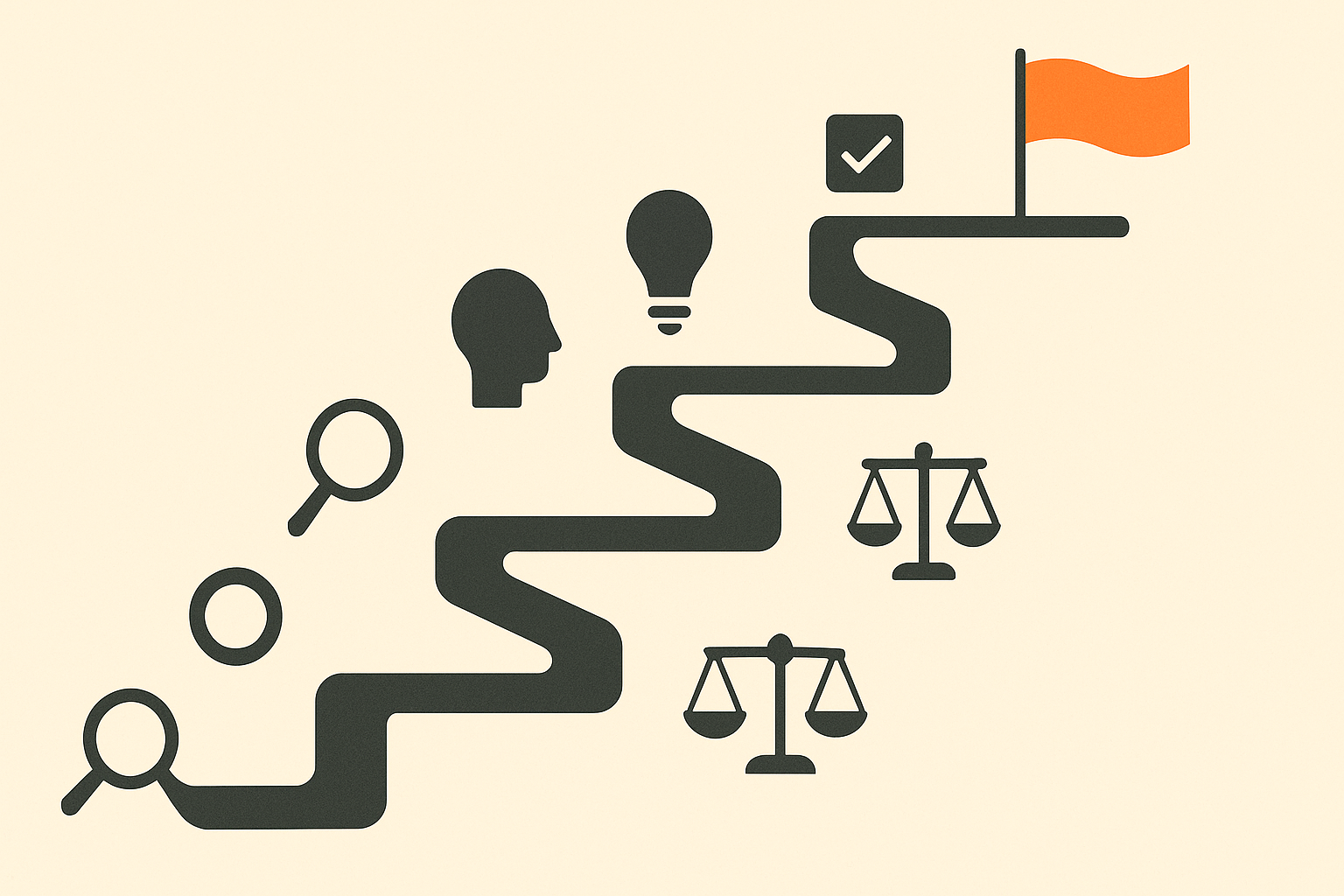
Conclusion: The Lasting Impact of Critical Thinking on Personal and Academic Success
In an era marked by complexity and rapid change, critical thinking emerges as a vital skill for achieving personal and academic excellence. The benefits of critical thinking for students are manifold, extending beyond improved grades to encompass enhanced emotional resilience, ethical decision-making, and lifelong learning. By understanding how critical thinking helps us personally, we unlock the potential for profound self-awareness, better relationships, and more fulfilling careers.
Mastering the 7 step decision making process, recognizing which step comes first in the decision making process, and learning to apply the five decision making steps systematically all contribute to building a resilient, rational mind. Moreover, knowing how to remember things while studying and discerning what you read for exams are critical academic strategies that stem from the cultivation of critical thinking.
Ultimately, the advantages of critical thinking are inseparable from the broader quest for wisdom and personal growth. Whether navigating the demands of higher education, making pivotal career decisions, or striving for meaningful personal development, critical thinking empowers individuals to live thoughtfully, ethically, and purposefully. It is not merely a cognitive skill but a way of being—a commitment to truth, a love of learning, and a passion for excellence that endures throughout a lifetime.
Further Reading:
Critical Thinking & Why It’s So Important
Why Is Critical Thinking Important and How to Improve It
The Power Of Critical Thinking: Enhancing Decision-Making And Problem-Solving


